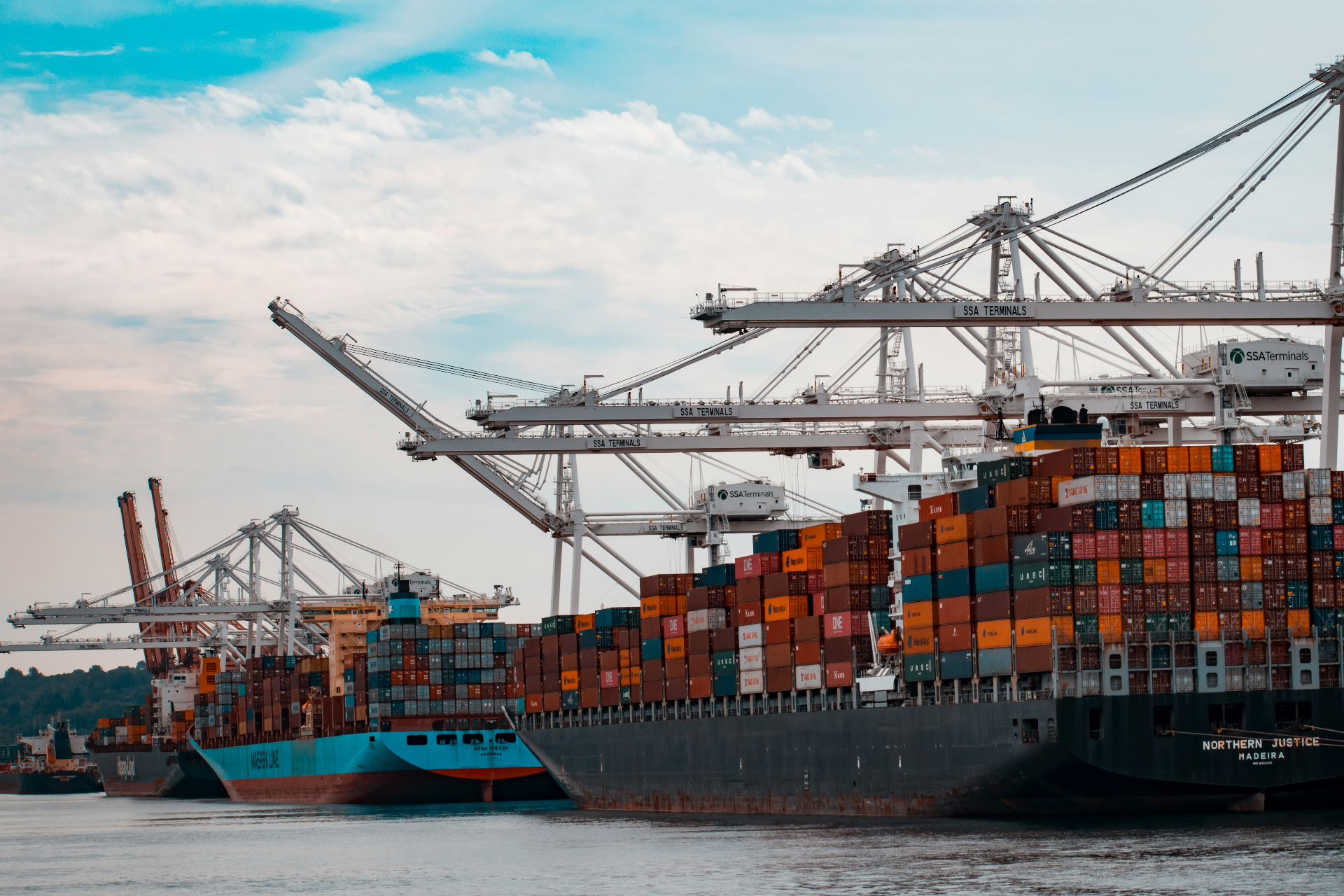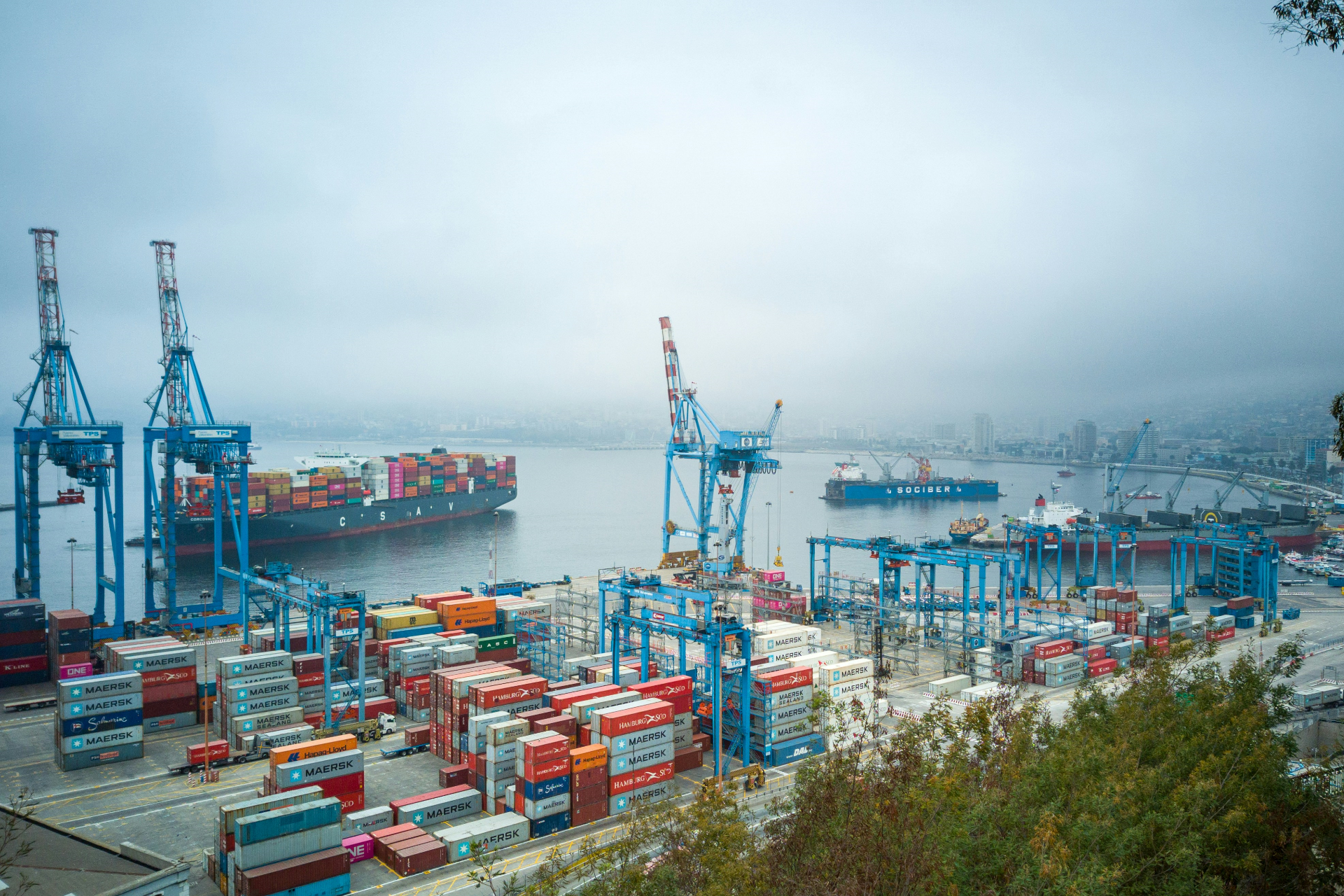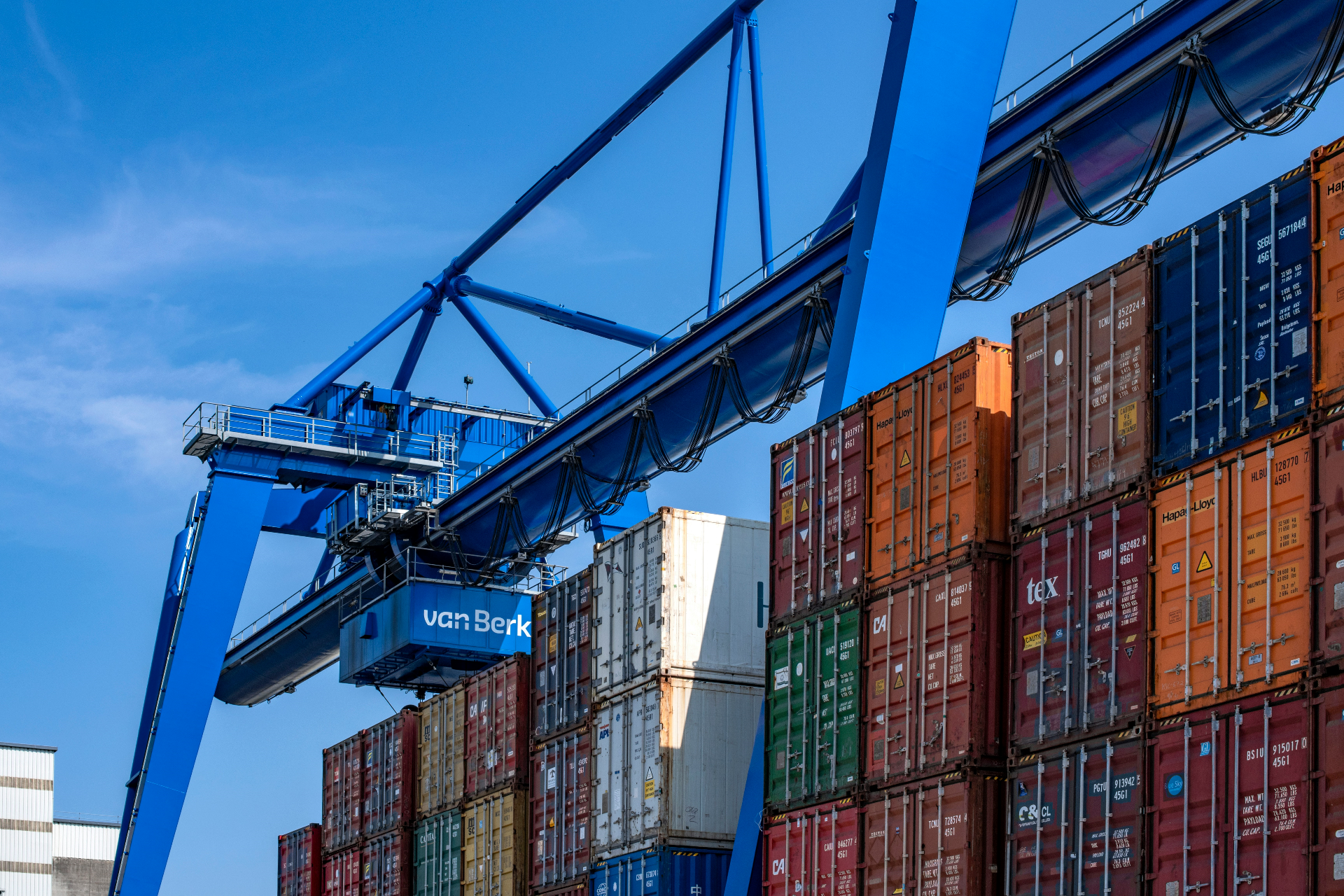Building an efficient global supply chain is crucial for businesses expanding into international markets. Key strategies include selecting reliable suppliers, managing risks, utilizing technology and data analytics, fostering collaboration and integration, and embracing sustainability. By optimizing supply chain operations, businesses can ensure timely sourcing, production, and delivery of goods while meeting customer expectations and gaining a competitive edge in the global marketplace.
Supplier Selection and Relationship Management
Selecting the right suppliers is crucial for a successful global supply chain. Businesses must assess suppliers based on factors such as quality, reliability, capacity, and adherence to ethical and sustainability standards. Developing strong relationships with suppliers through open communication, regular performance evaluations, and collaboration can foster long-term partnerships and enhance supply chain efficiency.
Risk Assessment and Mitigation
Managing risks is a critical aspect of global supply chain management. Businesses must identify potential risks such as geopolitical instability, natural disasters, transportation disruptions, or supplier disruptions. Developing contingency plans, diversifying suppliers, implementing risk mitigation strategies, and utilizing technology for real-time monitoring can help minimize the impact of unforeseen events and maintain a smooth flow of goods.
Technology and Data Analytics
Leveraging technology and data analytics is instrumental in optimizing supply chain operations. Implementing robust supply chain management systems, such as Enterprise Resource Planning (ERP) software, can enhance visibility, traceability, and coordination throughout the supply chain. Utilizing data analytics enables businesses to gain insights into demand patterns, inventory levels, and performance metrics, facilitating informed decision-making and proactive supply chain optimization.
Collaboration and Integration
Collaboration among stakeholders within the supply chain ecosystem is essential for seamless operations. Building strong relationships with logistics providers, distributors, customs agents, and other partners can streamline processes, reduce lead times, and improve customer satisfaction. Embracing supply chain integration through technologies like Application Programming Interfaces (APIs) and cloud-based platforms enables real-time data sharing, enhancing coordination and efficiency across the supply chain network.
Sustainability and Ethical Practices
In today's environmentally conscious world, integrating sustainability and ethical practices into the global supply chain is paramount. Businesses should prioritize responsible sourcing, reduce carbon footprint, and promote fair labor practices throughout their supply chain. Embracing sustainable packaging, optimizing transportation routes, and engaging with suppliers who share similar values contribute to a positive brand image and meet the growing demand for eco-friendly and socially responsible products.
Related Information



















































